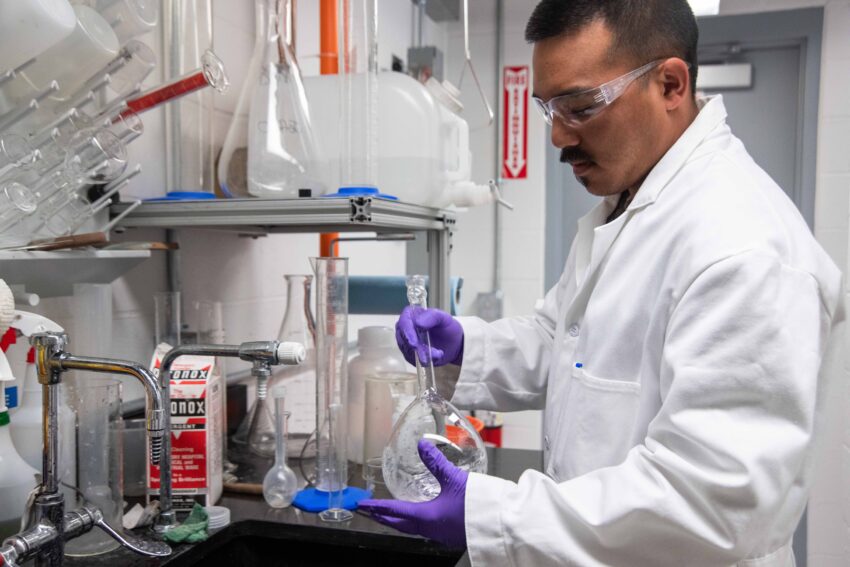Routine laboratory testing is one of the most important ways for patients to keep track of their health. Testing can be done on a sample of blood or urine. Seeing how test results change over time can help empower patients to make informed decisions about their health and hopefully, to reduce the risk of developing chronic conditions, like high blood pressure or diabetes. Below, we outline some of the most important lab tests patients should consider getting each year.
Complete Blood Count
The blood has many functions, one of the most well known being the transportation of oxygen and nutrients to the entire body. A complete blood count (CBC) is a blood test used to give your doctor information about your blood cells. It is used to measure the number of red blood cells (erythrocytes), white blood cells (leukocytes), and platelets (thrombocytes) as well as the physical health of these cells, such as the size, shape, and content.
What can it help catch? A complete blood count can help your doctor identify signs of infection, anemia, vitamin and mineral deficiencies, and more serious conditions like cancer.
Comprehensive Metabolic Panel
The comprehensive metabolic panel (CMP) is a blood test that consists of 14 tests (usually performed on just one blood sample). The CMP measures glucose, calcium, certain proteins like albumin, electrolytes like potassium and sodium, and includes special tests that assess liver and kidney function. Patients may be asked to fast for 8 to 12 hours before having their blood drawn.
What can it help catch? The comprehensive metabolic panel can help your doctor diagnose prediabetes, diabetes, and conditions of the liver and kidneys.
Essential Nutrients
Vitamins and minerals are essential to the proper function of hundreds of processes in the body, including wound healing and maintaining the immune system. Vitamin and mineral deficiency can cause a wide range of health complications, like anemia, fatigue, and even abnormal heart rhythm. A vitamin panel and a mineral panel are blood tests that measure levels of certain essential vitamins and minerals, including vitamins B12, D, and K, and minerals like magnesium, iron, and zinc.
What can it help catch? An essential nutrients blood test identifies lower than normal levels of certain vitamins and minerals that may be causing health concerns.
Urinalysis
A urinalysis is a test conducted on a urine sample. Laboratory technicians physically examine the urine; analyze what substances are found in the urine like proteins, glucose, and crystals; and measure the concentrations of these substances. It’s normal to have low levels of certain substances in the urine such as glucose and crystals. However, a higher than normal amount of glucose in the urine could be an indication of prediabetes, and crystals that are bigger than normal, or certain types of crystals, could indicate kidney stones.
What can it help catch? Urinalysis can help identify early signs of diabetes and conditions of the kidneys and liver. When used as a diagnostic test, it can diagnose urinary tract infections (UTIs) and bladder issues.
The Takeaway
Since blood and urine tests are a good way to identify possible health concerns early-on, it’s important to work with your doctor in order to prevent health complications from developing or getting worse. For example, if one of your tests shows that you are at risk of developing diabetes, your doctor may recommend that you make lifestyle changes to prevent or lower your risk of developing the condition.
Sources:
https://www.msdmanuals.com/professional/multimedia/lab-tests/v42968319 https://www.mayoclinic.org/tests-procedures/urinalysis/about/pac-20384907#:~:text=A%20urinalysis%20is%20a%20test,to%20a%20disease%20or%20illness.



